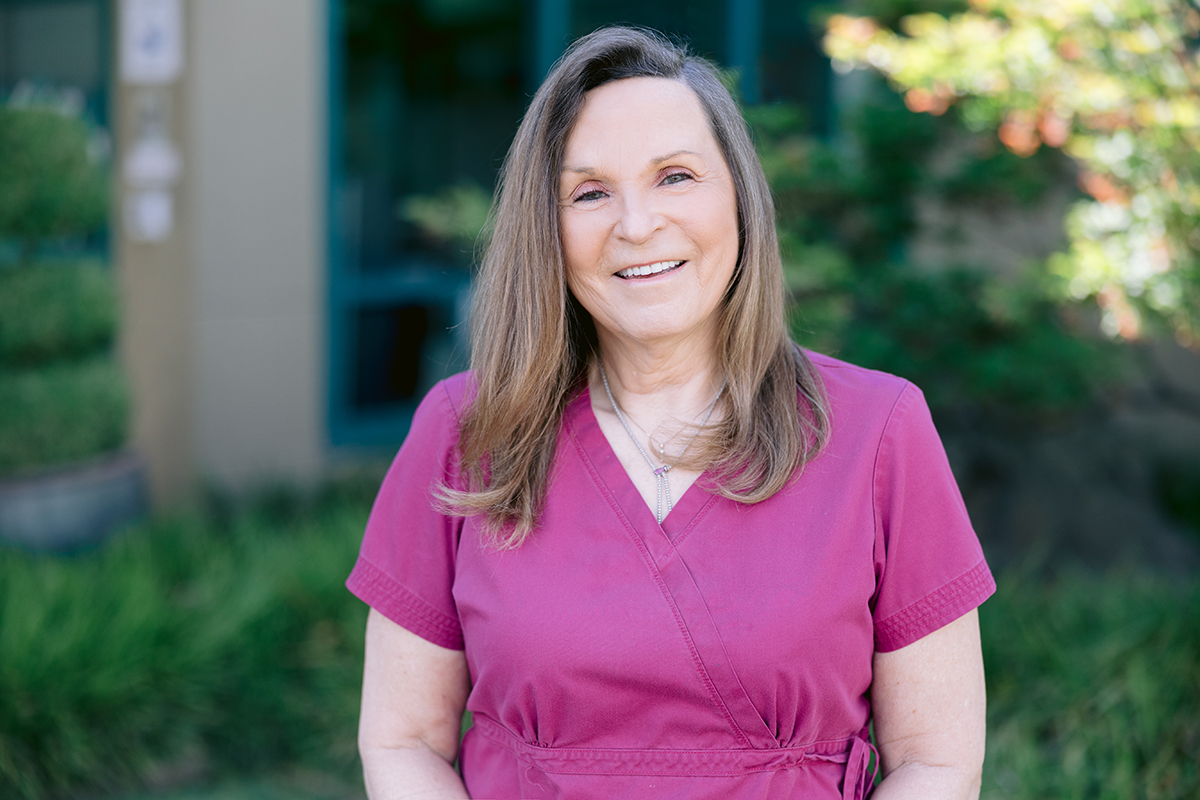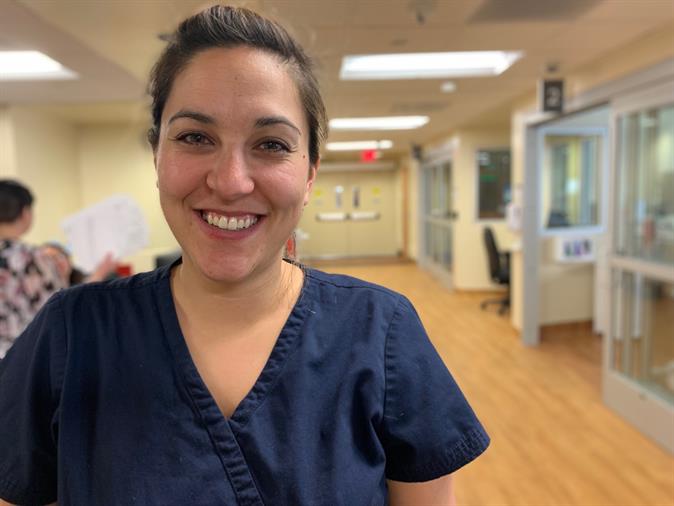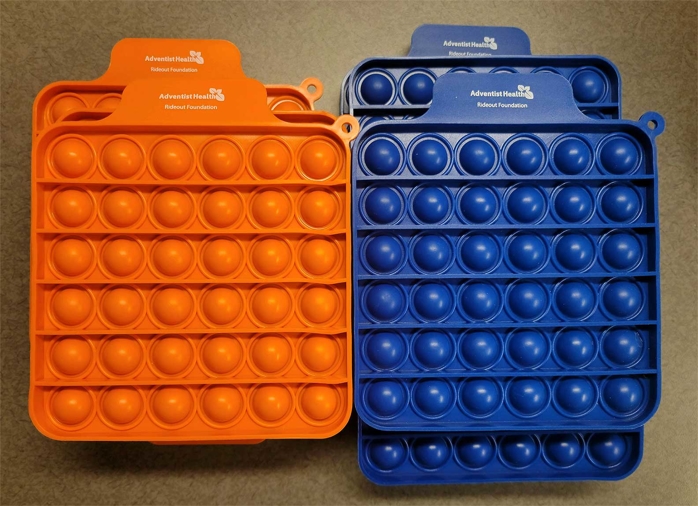Lifesaving Lung Screening Helps Julie Enjoy More Breaths
Oct 2, 2024

A low dose CT scan reduces the impact of a lung cancer.
Julie Holt told her doctor a few years ago that she was experiencing a strange pain on the left side of her chest and back, particularly when she was tired or stressed. Because she had a history of smoking, Julie’s doctor ordered a low dose CT scan, which revealed early-stage lung cancer.
“You hear the word cancer, and that’s really all you hear,” Julie says. “I’m glad my husband was with me, because I didn’t catch anything the doctor said after that. I was scared.” (For this reason, Adventist Health providers recommend bringing a loved one or a trusted friend to appointments like these.)
Lung cancer is the deadliest cancer among men and women in the U.S. and one of the leading causes of death in the region where Julie lives in California, Tuolumne and Calaveras counties. But early detection with a revolutionary screening can make a significant difference in treatability: Studies have shown a 20 percent improvement in survival rates with a low-dose CT scan compared with a chest X-ray. That’s because a low-dose CT scan — which quickly takes multiple X-rays for a detailed image of the lungs — can identify cases of cancer before they spread, making treatment more effective.
An early-detection solution for lung cancer
Low-dose CT scans use less radiation than a standard CT scan and can detect smaller abnormalities in the lungs than a traditional chest X-ray, so they are considered the safest and most accurate way to detect lung cancer. During the screening, you lie down on a table while a rotating X-ray machine takes detailed images of your lungs.
“The type of cancer I had is normally not found until it has spread all over,” Julie says. “I got lucky — my cancer was really small, and we found it early.”
Read More: Can a CT Scan Detect Lung Cancer?
Lung cancer screening for smokers
Julie’s provider recommended a low-dose CT scan because of her history of smoking and the pain she reported. You might be considered a good candidate for lung cancer screening if you are 50 to 80 years old, are a current smoker or have quit within the last 15 years, and have a 20-pack-year history, meaning you smoked a pack a day for 20 years or two packs a day for 10 years.
Physicians recommend getting a low-dose CT scan every year for three years. That way, changes can be detected and providers can compare abnormalities to see if they grow over time.
Read More: Should You Be Screened for Lung Cancer?
Early detection leads to a positive outcome
Because her lung cancer was detected at an early stage, Julie and her care team were able to fight it with an operation to remove a portion of her lung, followed by four rounds of chemotherapy.
Today, she uses her experience to educate colleagues and patients at Adventist Health Sonora, where she is a registered nurse. “I know that if we hadn’t found my cancer so early, the outcome could have been a lot worse,” Julie says. “Now, anytime someone mentions chest pain or smoking history, I tell them to ask their provider about getting a low-dose CT scan. I don’t want them to put it off.”
Schedule a visit
Make an appointment with your primary care provider to learn more about screening options for lung cancer. Need a doctor? Find one near you and use online booking to make an appointment.


